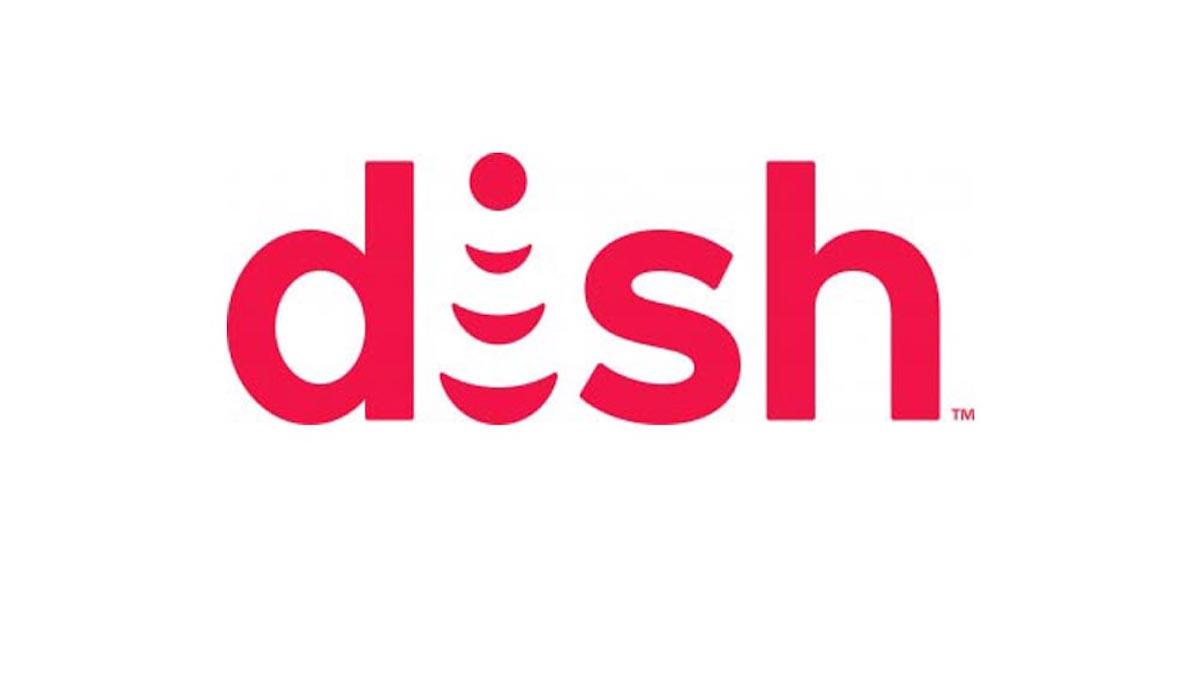For T-Mobile and DISH Network, the drama between the two doesn’t seem to end.
DISH, fresh off of resolving one dispute with T-Mobile over the sale of a swath of spectrum, is taking on the No. 2 wireless carrier over a whole other batch of radio airwaves. The satellite company, with aspirations of becoming a national wireless player itself, submitted a filing with the Federal Communications Commission asking the agency to more intensely scrutinize a proposed deal in which T-Mobile would buy 600 Mhz spectrum from Columbia Capital for $3.5 billion.
“To preserve competition, the Commission should adopt DISH’s proposed conditions or hold T-Mobile’s application in abeyance pending the spectrum screen proceeding,” the company said in its filing.
This is separate from another $3.5 billion deal in which DISH would buy a swath of 800 Mhz spectrum from T-Mobile. The two were fighting over DISH’s attempt to extend the deadline for the deal so it can secure the necessary financing. On Thursday, the two agreed to set a new deadline of April 1, 2024, in exchange for DISH paying a $100 million extension fee.
The central gist of DISH’s argument is that T-Mobile already owns a fair bit of 600 Mhz spectrum, and that its plans to buy more should trigger a “spectrum screen,” which is a government assessment of whether the carrier’s ownership of more radio airwaves in the same band would hurt competition and consumers. The document is a follow-up to an original filing made in DISH as it sought to keep T-Mobile’s wireless ambitions in check.
A T-Mobile spokesperson wasn’t immediately available to comment, but DISH noted in the filing that the wireless carrier called its concerns “unsubstantiated and vague allusions.”
This second conflict illustrates the tenuous and often tension-filled dynamic between the two company. T-Mobile relied on DISH, which federal regulators propped up as a potential fourth national wireless carrier, to secure its own acquisition of Sprint. Indeed, some of the concessions included an obligation by T-Mobile to sell spectrum to DISH, resulting in its first spat. T-Mobile also had to serve as a wholesale partner to DISH as it got its wireless service up and running.
But T-Mobile and DISH haven’t been the best partners since, with the two coming to a disagreement on wholesale rates, leading to DISH signing another reseller deal with AT&T.
DISH also has a vested interest in cutting T-Mobile’s presence in the area of low-band spectrum. The company plans to use that 800 Mhz spectrum from T-Mobile to continue building its nationwide network, which only covers 70% of the country. It needs to hit 75% by 2025, and low-band radio airwaves are particularly adept at covering wide geographies and going through walls.
DISH even took a shot at the recent leak of T-Mobile’s plan to migrate older customers onto newer, more expensive plans, calling them “price hikes” in the document. T-Mobile now calls the plan a “small-scale test” and hasn’t yet alerted any customers.
“It is apparent from recent public statements by T-Mobile that wireless consumers face a stagnant oligopoly market undergoing price increases,” the company said.

